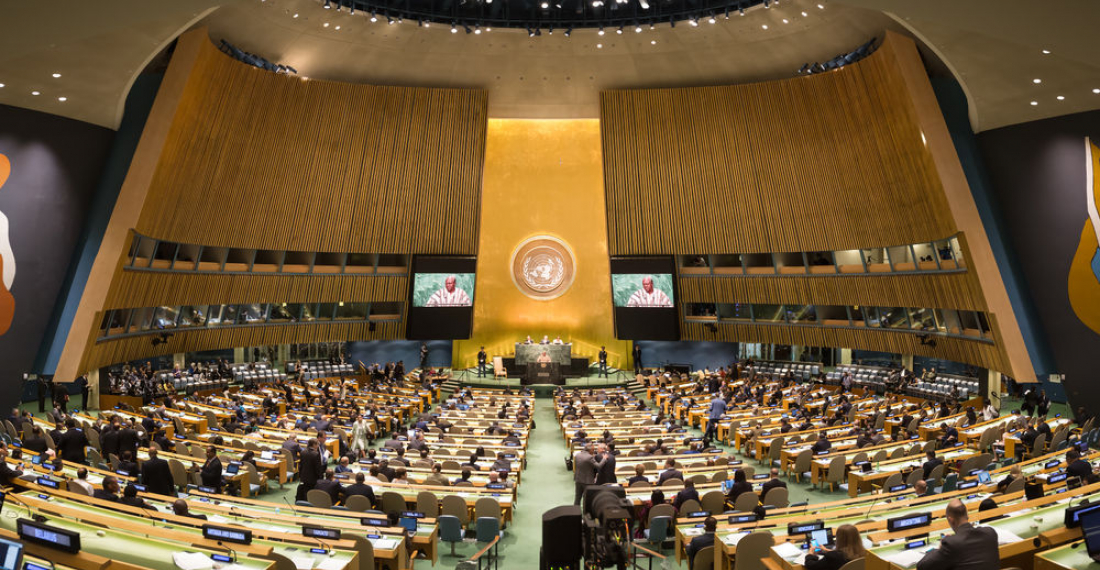Russia on Friday prevented the adoption of a joint declaration on nuclear disarmament and non proliferation following a four-week United Nations conference, citing "political" aspects of the text.
The Nuclear Non-Proliferation Treaty (NPT), which 191 signatories review every five years, aims to prevent the spread of nuclear weapons, promote complete disarmament and promote cooperation in the peaceful use of nuclear energy.
"Our delegation has one key objection on some paragraphs which are blatantly political in nature," said Russian representative Igor Vishnevetsky, adding that Russia was not the only country to take issue with the text.
According to sources close to the negotiations, Russia was opposed in particular to paragraphs concerning the Ukrainian nuclear power plant in Zaporizhzhia, which is occupied by the Russian military.
The latest draft text had expressed "grave concern" over military activities around Ukrainian power plants, including Zaporizhzhia, as well as over Ukraine's loss of control of such sites and the negative impact on safety.
At the last review conference in 2015, the parties were also unable to reach an agreement on substantive issues.
At the opening of this year's conference, UN Secretary-General, Antonio Gutteres, warned that the world faced "a nuclear danger not seen since the height of the Cold War."







